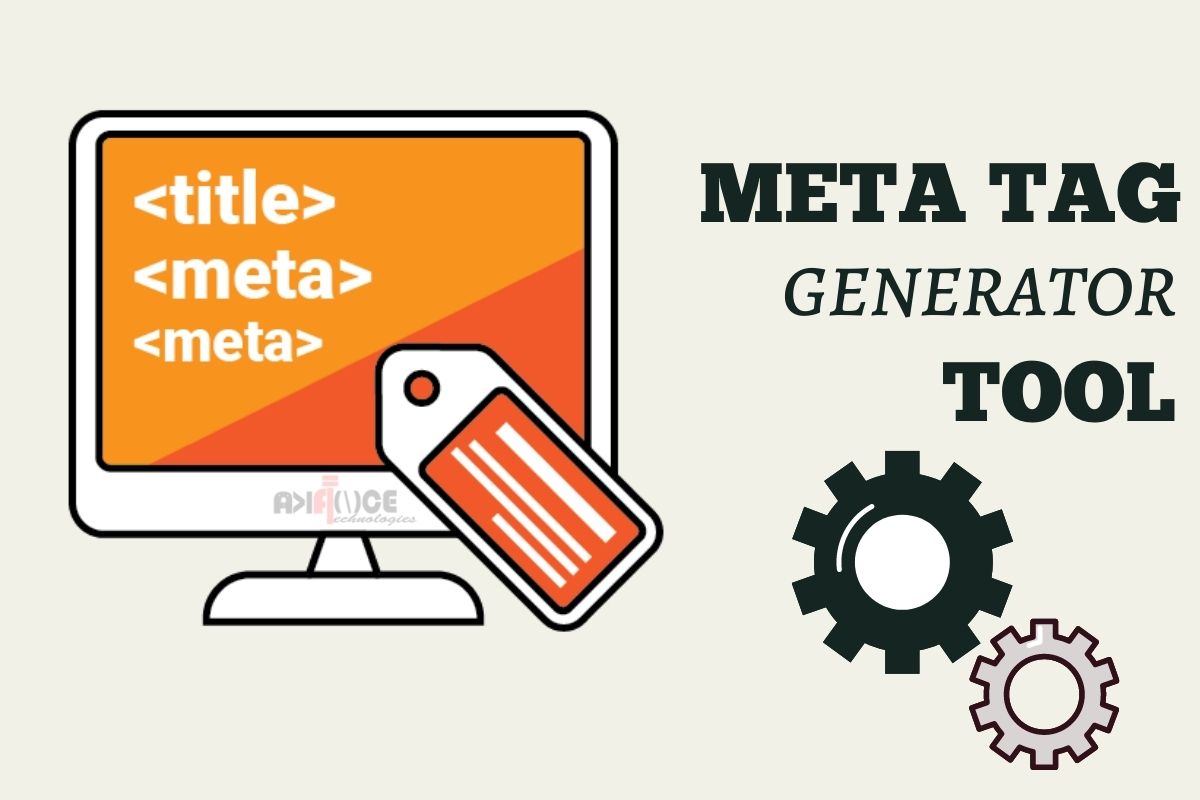Meta Tags and Structured Data: Enhancing Website Visibility in Search Results

Introduction
In the vast digital landscape, where websites are competing for users’ attention, having a strong online presence is crucial for any business. Search Engine Optimization (SEO) plays a pivotal role in improving a website’s visibility in search results. Meta tags and structured data are two powerful tools that can significantly enhance a website’s visibility and performance in search engine rankings. In this article, we will explore how meta tags and structured data can be leveraged to achieve better online visibility and attract more organic traffic.
Understanding Meta Tags
- What Are Meta Tags?
Meta tags are snippets of text embedded in the HTML code of a web page that provide information about the page’s content to search engines. They don’t appear on the actual page but are used by search engines to understand what the page is about.
- Importance of Meta Tags in SEO
Meta tags generator are crucial for SEO as they influence how search engines index and display a website’s pages in search results. A well-crafted meta tag can entice users to click on your link, driving more traffic to your website.
Types of Meta Tags
- Title Tags
Title tags are the most important meta tags and define the title of a web page. They appear as the clickable headline in search engine results and should accurately represent the page’s content.
- Meta Descriptions
Meta descriptions are brief summaries of a web page’s content displayed below the title tag in search results. A compelling meta description can increase the likelihood of users clicking through to your site.
- Meta Keywords
While not as impactful as they once were, meta keywords are words or phrases that represent the primary topics of a web page. It’s essential to use relevant keywords that reflect the page’s content.
- Other Types of Meta Tags
Other meta tags include viewport tags for mobile optimization, author tags, and language tags. Each serves a specific purpose in SEO.
Best Practices for Writing Meta Tags
- Be Concise and Relevant
Keep title tags and meta descriptions concise while accurately summarizing the page’s content to engage users.
- Use Targeted Keywords
Incorporate relevant keywords that users are likely to search for to increase your chances of appearing in search results.
- Create Unique Tags for Each Page
Avoid duplicating meta tags across different pages as this can negatively impact SEO.
- Avoid Keyword Stuffing
Overloading meta tags with keywords can harm your website’s rankings. Use keywords naturally and sparingly.
- Utilize Calls-to-Action (CTAs)
Include a clear call-to-action in meta descriptions to encourage users to visit your site.
Introduction to Structured Data
- What Is Structured Data?
Structured data is a standardized format used to provide information about a page’s content to search engines. It helps search engines understand the context and purpose of the content.
- How Structured Data Affects SEO
Implementing structured data enhances a website’s search appearance, enabling search engines to display rich snippets, such as product ratings, reviews, and event details.
Implementing Structured Data
- Common Structured Data Formats (JSON-LD, Microdata, RDFa)
There are several formats to implement structured data, with JSON-LD being the most preferred due to its simplicity.
- Schema.org – The Standard Vocabulary for Structured Data
Schema.org offers a comprehensive vocabulary that allows webmasters to provide detailed information to search engines.
Rich Snippets and Featured Snippets
- Understanding Rich Snippets
Rich snippets are search results with additional information, making them visually appealing and more likely to attract clicks.
- The Power of Featured Snippets
Featured snippets are concise answers to users’ questions displayed at the top of search results, providing valuable visibility and traffic.
Benefits of Using Meta Tags and Structured Data
- Improved Search Engine Rankings
By providing relevant and accurate information to search engines, meta tags and structured data can positively impact search rankings.
- Increased Click-Through Rates (CTRs)
Eye-catching meta tags and rich snippets can entice users to click on your link, leading to higher CTRs.
- Enhanced User Experience (UX)
Well-implemented structured data can make your website more user-friendly, leading to higher engagement and longer visits.
- Voice Search Optimization
Structured data plays a significant role in voice search, helping search engines deliver accurate results to voice queries.
Challenges and Common Mistakes
- Keeping Up with Algorithm Updates
Search engine algorithms are constantly evolving, and it’s crucial to stay updated on changes to ensure your Meta tags generator and structured data remain effective.
- Overlooking Mobile Optimization
In today’s mobile-driven world, neglecting mobile optimization can hinder your website’s performance.
- Using Incorrect or Irrelevant Structured Data
Using incorrect or irrelevant structured data can lead to misinformation and lower search rankings.
Conclusion
In today’s competitive online world, using meta tags and structured data is essential to enhance website visibility in search results. By following best practices, webmasters can improve their search rankings, click-through rates, and user experience. As search engines become more sophisticated, adapting to the ever-changing SEO landscape and incorporating structured data will undoubtedly be key to online success.
FAQs
- What are meta tags? Meta tags are snippets of text in a web page’s HTML code that provide information about the page’s content to search engines.
- Why are meta tags essential for SEO? Meta tags influence how search engines index and display web pages in search results, affecting a website’s visibility.
- What is structured data? Structured data is a standardized format that helps search engines understand the context and purpose of a web page’s content.
- How does structured data impact SEO? Implementing structured data can lead to enhanced search appearance with rich snippets, attracting more organic traffic.
- Which tools can assist with implementing and testing meta tags and structured data? Google Search Console and Google Structured Data Testing Tool are valuable resources for monitoring and testing website performance.
Read more: Click here


